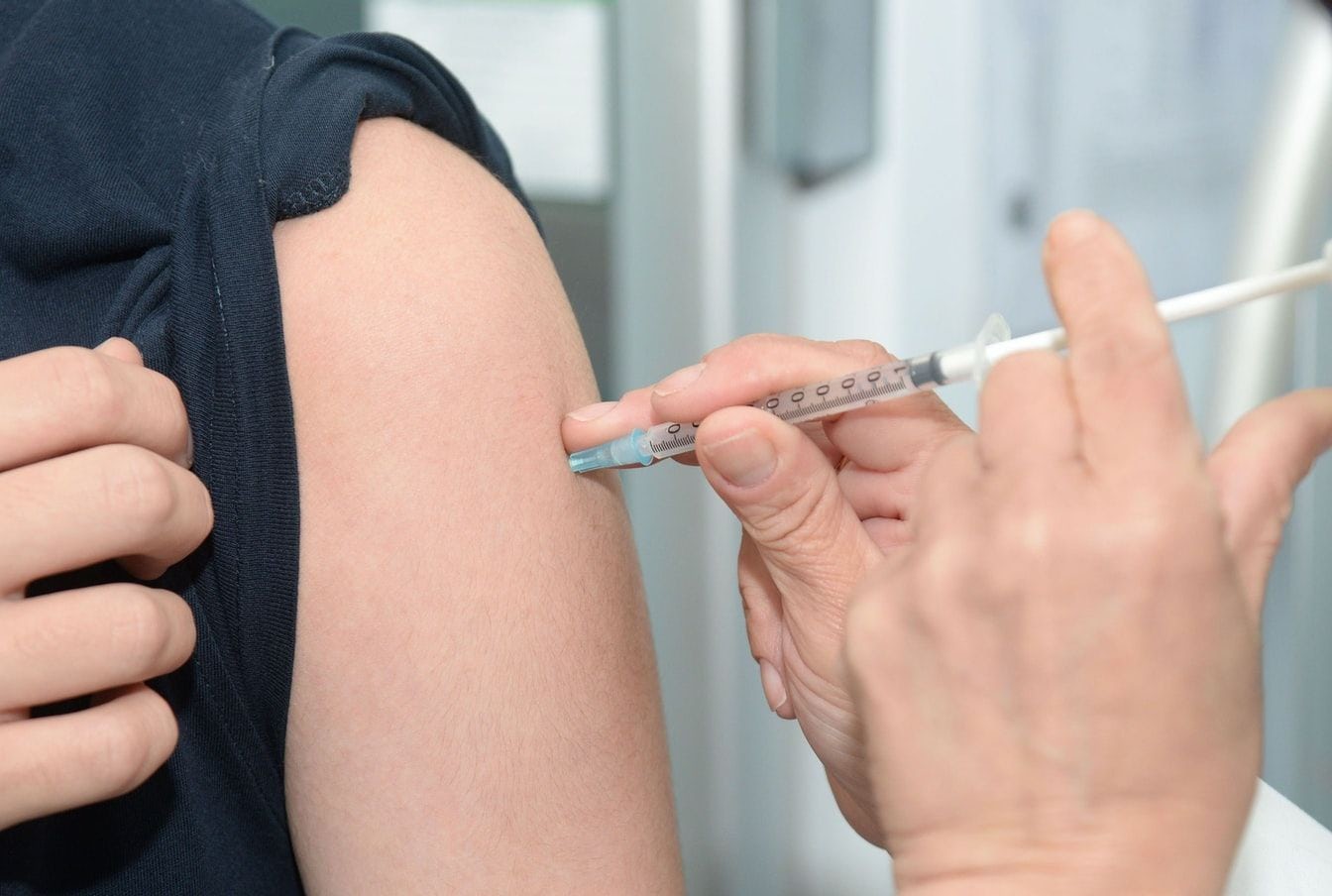Amidst surging COVID-19 cases in the U.S. and Europe, the world got a bit of good news on the pandemic this week: early research from the pharmaceutical company Pfizer shows that their vaccine is very effective. Here’s the latest on the vaccine’s development, when it could be available and what we know so far about its safety.
What is the status of Pfizer's coronavirus vaccine?
Pfizer, along with their German partner company BioNTech, published early research this week that shows that their COVID-19 vaccine was 90% effective in a late-stage clinical trial. Pfizer has announced that they hope to have emergency authorization for the vaccine by the end of November. The news buoyed international stock markets and brought hope to worried citizens, but it will likely be months more before the vaccine is widely distributed (probably not soon enough to stop cases from rising this winter).
Pfizer and BioNTech developed the vaccine with funding from the German government, and the U.S. government has agreed to purchase $1.95 billion dollars’ worth of the vaccine from Pfizer once it is complete.
How did the late-stage trial work?
In July, Pfizer and BioNTech launched a large-scale clinical trial with 44,000 volunteers. Of those, half were given the COVID-19 vaccine, and half were given a placebo. Of the 44,0000 participants, only 94 have contracted COVID-19. Like most clinical trials, the Pfizer trial was “blind”, meaning only an independent review board knew which volunteers got the placebo. This means we don’t know how many of the 94 patients who got COVID-19 also got the vaccine. However, the fact that Pfizer has stated that the vaccine is over 90% effective means we can safely assume the COVID-19-positive volunteers were mostly from the placebo group.
90% efficacy is high: the FDA has only required an efficacy of 50% for COVID-19 vaccine makers to seek emergency authorization. For comparison, the influenza vaccine is usually between 40 and 60% effective.
How will the vaccine be distributed?
Assuming everything goes according to plan, Pfizer should have enough vaccine doses for 15 to 20 million people by the end of 2020. Those doses will probably go to higher-risk or more vulnerable populations, like healthcare workers, the elderly, and immunocompromised people.
The vaccine likely won’t be available for the general public until early- to mid- 2021. Hopefully, other vaccines will also be finishing clinical trials soon, as Pfizer cannot manufacture enough vaccines to meet global demand on their own.
Is Pfizer’s vaccine safe?
So far, there have been no reported safety issues from Pfizer’s vaccine. Before this trial, Pfizer and BioNTech conducted smaller trials this spring to check for safety issues and side effects. Participants will continue to be monitored, and if the vaccine is approved and distributed on a large scale, the CDC will be watching carefully to make sure there are no safety issues arising.
Conclusion: Pfizer is making important progress
Pfizer’s latest research is great news. The COVID-19 vaccine development is continuing at a rapid pace. However, in order to ensure the vaccine is safe, manufacture enough doses and distribute it widely, scientists and health officials will need more time. The vaccine likely won’t be widely available for months. In order to keep cases from reaching critically high levels this winter, it’s important to practice social distancing, wear a mask, and minimize your contact with others. Even once the vaccine is distributed, scientists think that masks and other preventive measures will likely still be necessary. For more COVID-19 news, follow along with us here on the Skip blog or on our free app.
Related Articles to Read
📌 Get Daily COVID-19 Email Updates

